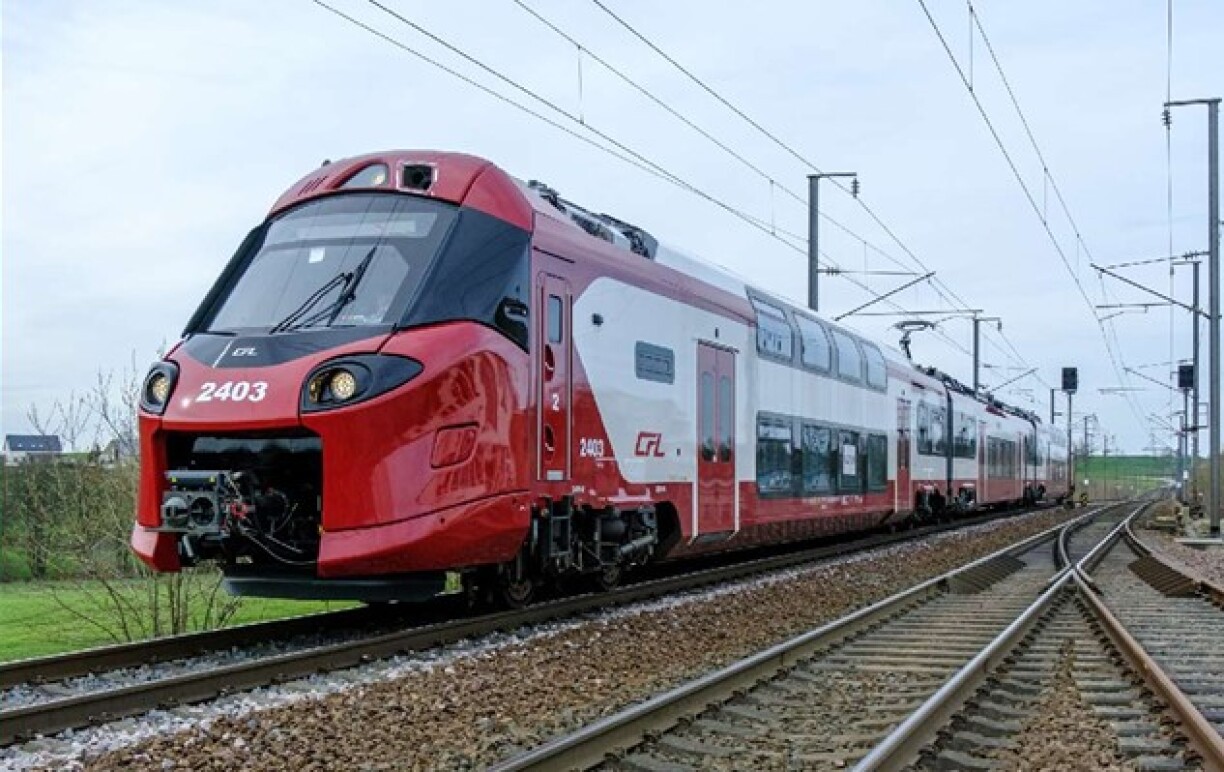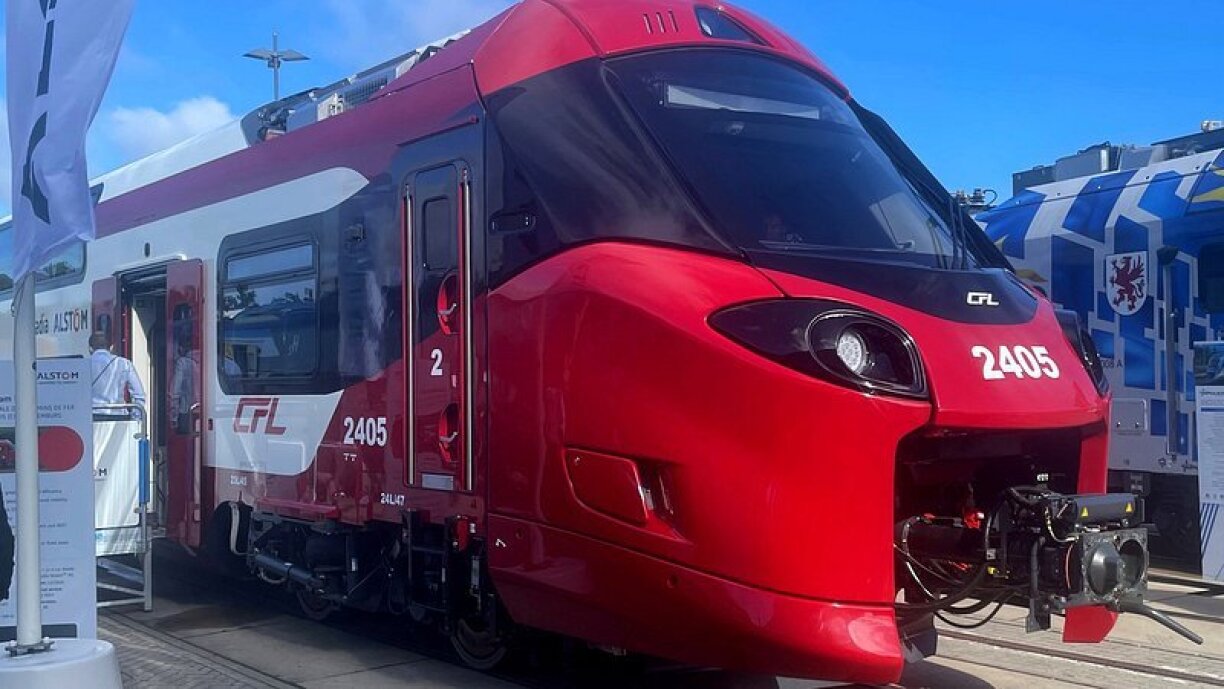
The government is set to invest heavily in rail expansion over the coming years, doubling the CFL’s budget to 7.1 billion euros by 2039. On Friday morning, the Minister of Transport François Bausch and CFL general director Marc Wengler held a press conference to confirm the new contract, which will run from 2025 to 2039.
The Chamber of Deputies unanimously voted in favour of the agreement last week, while it was confirmed on Friday by the Council of State. Bausch called it the “most expensive law the Chamber has ever voted on”, which should see CFL’s infrastructure undergo significant expansion by 2035, including connections beyond Luxembourg’s borders.
The minister added that decarbonisation and reorganisation of mobility are the major challenges of the transport sector, which currently accounts for around a third of CO2 emissions.
The 7 billion euro sum will be invested accordingly with “35% for equipment and maintenance, 30% for staffing costs, 15% in energy and train path fees, 6% in IT and other costs,” Wengler explained.

As a centrepiece of the 2035 National Mobility Plan, the new contract will allow the CFL to improve the quality of the rail service, with larger trains, more seats, longer platforms and better connections, thus encouraging passengers to choose the railway over the roads. Bausch has set his sights high, hoping for the “most modern and efficient rail network in Europe from 2028-2030"
Between 2005 and 2019, Luxembourg’s train services saw an increase of 85% in customers. Despite this, only the Pétange route underwent expansion during that time, although newer trains were added across the network.
The new budget should improve the operation of the rail network, the maintenance of the trains and customer service, adding 46% more seats by 2025. The number of services will increase to 996 trains per week by 2025, and 1,050 per week by 2028.
In 2025 the estimated investment will reach around 380 million euros, rising to just under 550 million in 2037. In comparison, 2022’s budget was 280 million.
Links outside of Luxembourg will also see improvement, with trains planned every seven minutes on the Thionville-Luxembourg line from 2028, following the completion of the Luxembourg-Bettembourg engineering works, Bausch added.
A number of stations will undergo improvement work, with added platforms planned for the capital’s main rail station, Howald and Ettelbruck. Rodange, Mersch and Hollerich stations will also undergo significant redesign.

In addition to improving the rolling stock, Wengler outlined plans to increase the number of services linking the capital to Dudelange, Trier, Rodange and Diekirch. Although he did not give an estimated completion date, commuters to Dudelange should eventually have two services per hour rather than two daily, while services to other destinations are expected to double.
Read also: Rail route connecting Luxembourg and Cologne on track to return in 2026
In 2018, CFL spent 370 million euros ordering 34 new trains, which will be delivered from 2024.
The contract also specifies improvements to be made in terms of customer service and experience. CFL will be required to improve the quality of services for their customers, in terms of safety, punctuality, and information, as well as management of complaints. “Our ambition is that each person will have an answer,” Wengler stated.
CFL’s performance will be assessed annually, with a yearly customer satisfaction survey.
An innovative information system, planned to be implemented over the next two years, will inform passengers on the platform about the train’s occupancy rate, accessibility, cycle areas and more.
The railway network plans to hire an additional 500 staff in 2023, with 400 more new recruits each year in future.